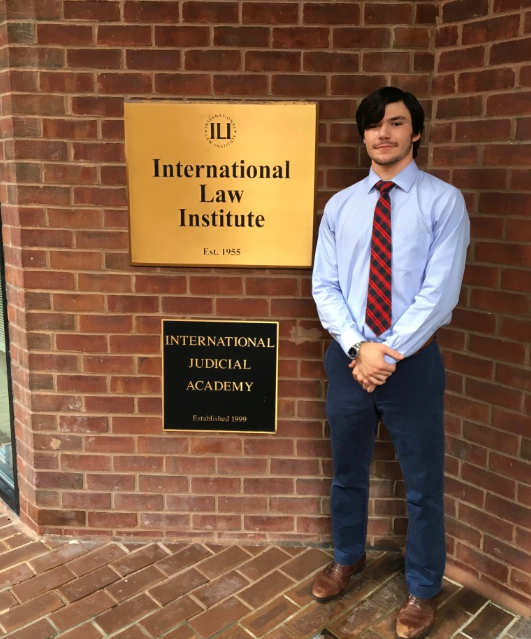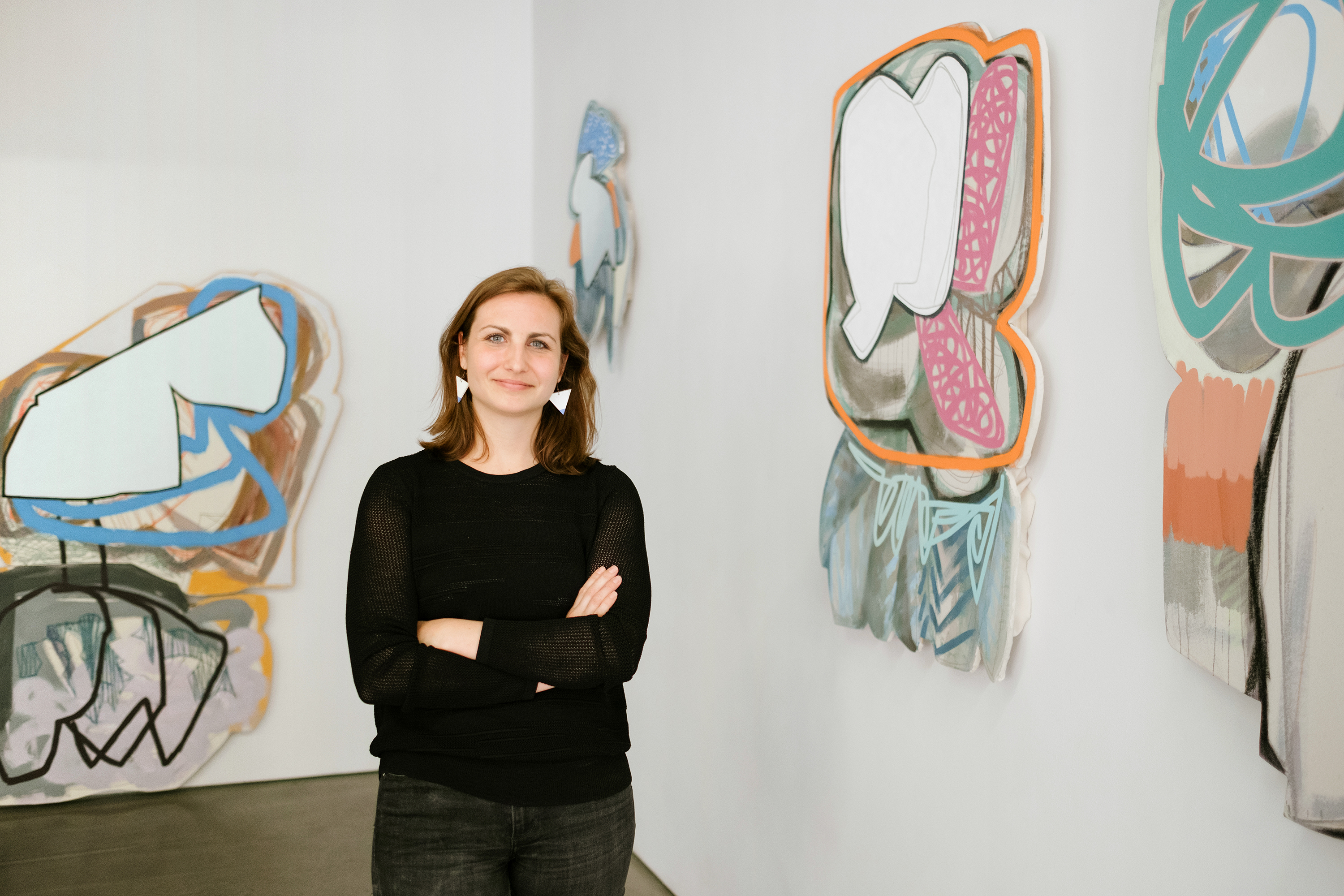Name: Doug Moringiello
Class Year: 2011
Title: Trade Support Analyst (Fixed Income Trader’s Assistant)
Organization Name: Grantham, Mayo, Van Otterloo & Co (GMO)
1. In one sentence, what does your job entail?
Analyzing and confirming all fixed income and derivate trade details between GMO and external parties (brokers, custodians, vendors, etc.)
2. What planned and unplanned events connected you to your industry and your first employer after Holy Cross? How did you learn/decide it was a good fit for you?
I was fortunate at Holy Cross to meet alumni who I admired and respected who worked in finance. After speaking with upperclassmen and alums who worked in the industry and getting a better understanding of what they do I became interested in working in finance. While a fair amount of networking and job searching was ad hoc I am excited that the Career Services department is working to develop a robust Finance Community, I think this will serve students and alumni well with a formalized network.
3. What were you involved in when you were on campus?
Varsity Track & Field, Work Study Program (Kimball and Athletic Department), and Habitat for Humanity
4. What was your major and how did it affect your career decisions?
Major: History. History seems to be an unconventional major for someone working in finance, but the skills I developed through my major, specifically understanding and weighing multiple points of views, building an argument based on historical analysis, and being able to distill volumes of reading into short, concise assertions have been invaluable. Being able to consume mountains of research, connect an investment thesis with specific transactions, and constantly re-evaluate the impacts of current events on financial markets are skills I use every day, and I am uniquely positioned to do so because of my time majoring in History at Holy Cross.
6. What are one or two skills that you developed at Holy Cross that you use in your work?
Persistence – The best traders I’ve met aren’t the best traders simply because they’re smart; they are the best traders because they’re driven and relentless in their pursuit to improve and constantly challenge themselves. Holy Cross is incredibly challenging academically and you may feel like your grades are not reflective of your effort. The ability to persist and challenge yourself to improve everyday is a unique skill Holy Cross students are able to develop. Get Comfortable Being Uncomfortable – In any profession you’re going to have to be able to perform under pressure. On a trading desk you’re going to have to get comfortable in a constantly changing environment. Every day is going to be different and its essential that you be able to adapt. I learned a lot about myself living in a cold Boyden Street apartment for two years – if you navigate your time socially and academically at Holy Cross you’re going to develop the skills needed to succeed.
7. What advice do you have for students on campus today?
Be honest with yourself about what interests you and what you are passionate about. Be sincere with both your peers and people you meet in the industry. Leverage the Holy Cross community as much as you can. I’ve found alumni are always eager to share their story with students who take the initiative and are sincerely interested in learning.








